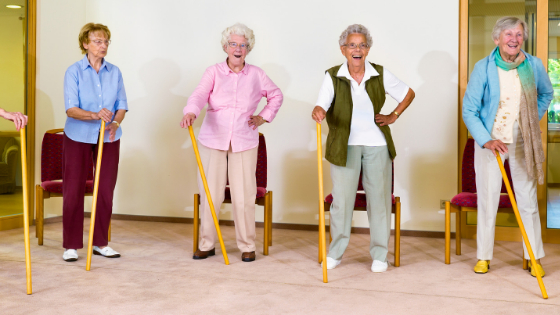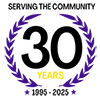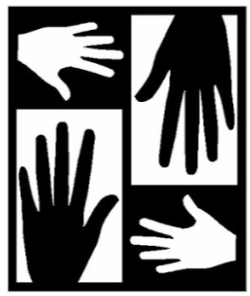October 22, 2017

As we age, the risk of falling greatly increases. The Center for Disease Control and Prevention reports that one out of three adults age 65 and older fall each year. Falls are the leading cause of injury or death for this age group. It is imperative to take steps to prevent the risk factors that lead to falls. Here’s what can be done:
Consult with Your Doctor
- Review current prescriptions and over the counter medications for side effects and interactions that may cause dizziness or drowsiness.
- Be sure to inform the doctor of any previous falls.
- Be evaluated for Osteoporosis.
Maintain Physical Activity
- Keep Moving. Consult with a physician and start or maintain an exercise regimen.
Check Vision Frequently
- Age related eye disease such as glaucoma and cataracts can impair vision, which may result in a fall. Treating these conditions can prevent falls.
Wear Stable Shoes
- Be sure to wear the correct size shoe.
- Avoid shoes with a thick sole as this prevents you from being able to feel the ground.
- Wear shoes with laces or fabric fasteners and avoid slip-on shoes to increase stability.
Reduce Fall Risk Within the Home
- Be sure that there is adequate lighting in the home.
- Remove clutter and be sure that there are clear pathways to ambulate. This includes removing any cords that could be a tripping hazard.
- Remove throw rugs or nail them down to prevent falls.
- Install non-skid strips to shower and use a non-skid mat on bathroom floor is slippery when wet.
- Request referral from physician for Occupational Therapy evaluation for needed durable medical equipment.
Remember that it is never too early to implement these safety precautions in order to reduce the risk of falls. Consult with a Care Management agency for more tips on how to prevent falls, or to assess if your elderly loved one is a fall risk.
Review current prescriptions and over the counter medications for side effects and interactions that may cause dizziness or drowsiness.
Related Articles
International Self-Care Day 7/24
The date, 7/24 symbolizes the idea that self-care should be practiced 24 hours a day, 7 days a week. It’s a gentle nudge to make self-care a daily priority, not just a once-a-year activity. Read more on ways to create a self-care plan.
Summertime is here, let us help you plan the perfect picnic…
Summertime is a great time to enjoy the outdoors and plan a picnic, the perfect opportunity to bring joy especially for seniors in your life. With a bit of thoughtful preparation, you can create an experience that is both comfortable and memorable. To help you get started, here are some tips and ideas to plan a senior-friendly picnic that prioritizes accessibility, safety, and relaxation.
Boost Cognitive Function Through Brain Exercises
Just like the rest of your body, your brain changes and adapts over time. Through a concept known as neuroplasticity, your brain can form new connections, strengthen existing ones, and even recover lost abilities. Regular mental exercises can have a significant impact on your brain health. Read on to know more…





